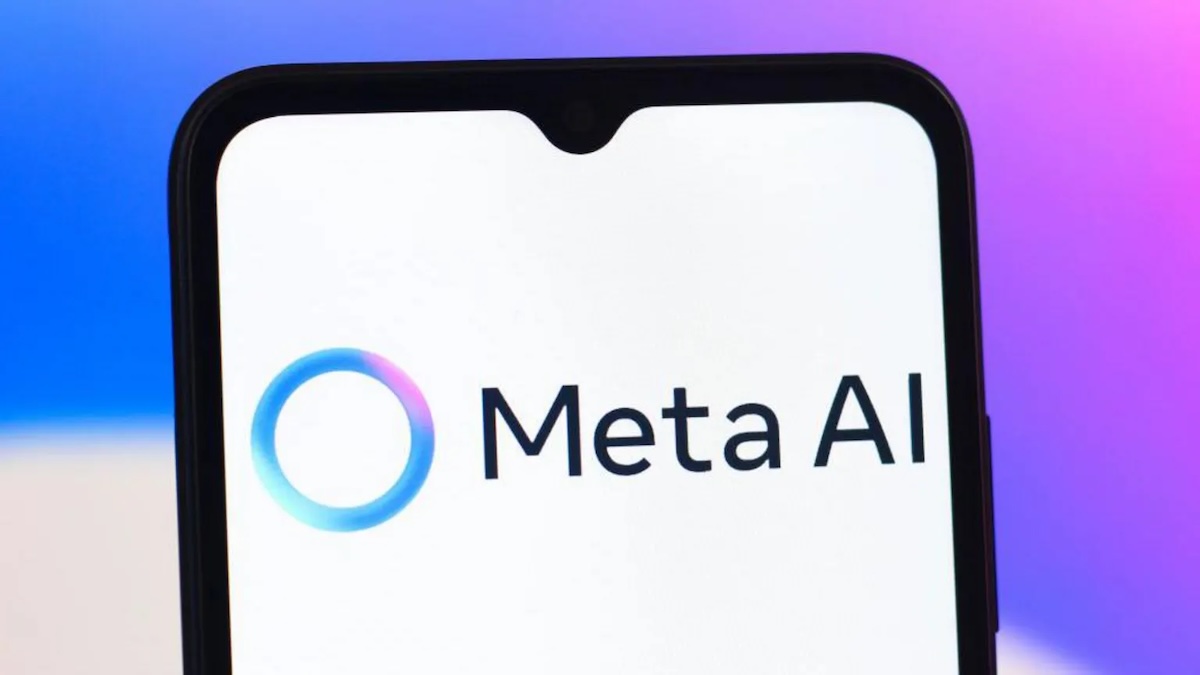Meta AI Is a Disaster: Users Are Unwittingly Revealing Their Most Intimate Secrets

Meta AI, the artificial intelligence tool from Facebook’s parent company, is under fire after it was revealed that users’ queries—including personal and sometimes highly sensitive information—are being posted on a public feed, in many cases without users’ clear awareness. The fallout has raised alarms about privacy, user security, and the broader ethics of integrating AI with social media.
Prompts Shared Publicly, Identities Exposed
Recent investigations by the BBC and TechCrunch found that prompts entered into Meta AI—including both the user’s question and the AI’s answer—can appear in a public “Discover” feed. In some cases, these posts are easily traceable to individuals, since usernames and profile pictures are displayed, linking them directly to their social media accounts on Instagram or Facebook.
This exposure is not merely theoretical. Both outlets uncovered real examples of users asking Meta AI for answers to school or university test questions, seeking help with private medical concerns (such as rashes in intimate areas), or even generating scantily clad images of women or anthropomorphic characters. One BBC investigation found that a prompt—easily linked to a user’s Instagram account—asked Meta AI to create an animated character in only underwear.
Despite Meta’s claim that prompts are only shared publicly if users choose to do so, the reality appears more confusing. While a message does appear advising users to “avoid sharing personal or sensitive information,” many users seem unaware that their queries may end up visible to everyone, especially given the way social and AI functions are now intertwined.
A Recipe for Privacy Disaster
Cybersecurity experts warn that this lack of clarity is a major problem. Rachel Tobac, CEO of Social Proof Security, called the situation “a huge user experience and security problem,” noting that people do not expect their private conversations with AI chatbots to be shared publicly—especially not with their social media identity attached.
TechCrunch’s reporting takes the criticism even further, describing Meta’s public feed approach as “bonkers.” The site points out that the app’s interface gives users little indication of where their prompts will appear or what their privacy settings are at the moment of posting. If someone is logged in with a public Instagram account, their searches—including anything from awkward medical questions to embarrassing admissions—can be exposed for all to see.
The result has been a stream of viral posts, some of which clearly constitute trolling or attempts to test the boundaries of the system. But the risk is that ordinary users, perhaps seeking help or advice, inadvertently share details they would never knowingly broadcast.
A Troubled Launch for a Big Tech Giant
Despite Meta’s massive investment and global reach, the Meta AI app has so far only been downloaded 6.5 million times since its late April debut—far below expectations for a company of its size. Many in the industry believe that the privacy issues now coming to light could further erode public trust and limit the adoption of Meta’s new AI tools.
The situation is reminiscent of past tech blunders, like AOL’s infamous release of pseudonymized user searches in 2006, which quickly turned into a major privacy scandal. As TechCrunch notes, “there is a reason why Google has never tried to turn its search engine into a social media feed.”
Conclusion: A Cautionary Tale
If Meta’s goal was to generate buzz around its AI platform, it has certainly succeeded—but at a high cost. The controversy underscores the dangers of blurring the lines between social media and AI, particularly when user expectations around privacy are not met.
For now, users can make their Meta AI prompts private in their account settings, but the broader lesson is clear: transparency, default privacy protections, and clear user communication are not just best practices—they are essential for earning and maintaining public trust in the AI age.
Share this:
Related Posts
-
 HMD Connect application receives new update
1 Comment | Apr 3, 2020
HMD Connect application receives new update
1 Comment | Apr 3, 2020 -
 WhatsApp is changing user interface and introducing chat filters
No Comments | Aug 31, 2023
WhatsApp is changing user interface and introducing chat filters
No Comments | Aug 31, 2023 -
 New WhatsApp Update: Threaded Replies to Finally Organize Group Chats
No Comments | Jul 7, 2025
New WhatsApp Update: Threaded Replies to Finally Organize Group Chats
No Comments | Jul 7, 2025 -
 Waze alerts are coming to Google Maps
2 Comments | Dec 6, 2024
Waze alerts are coming to Google Maps
2 Comments | Dec 6, 2024
